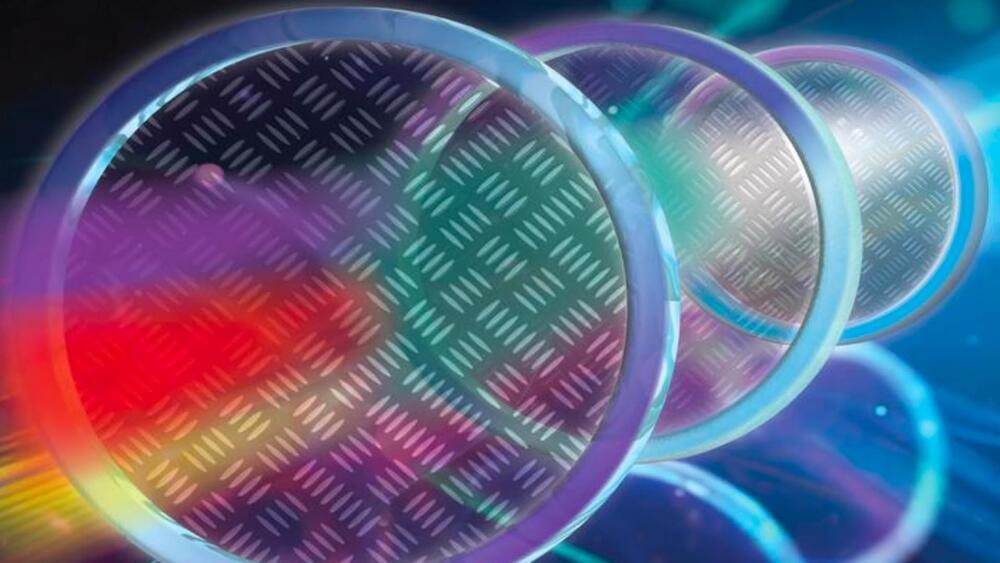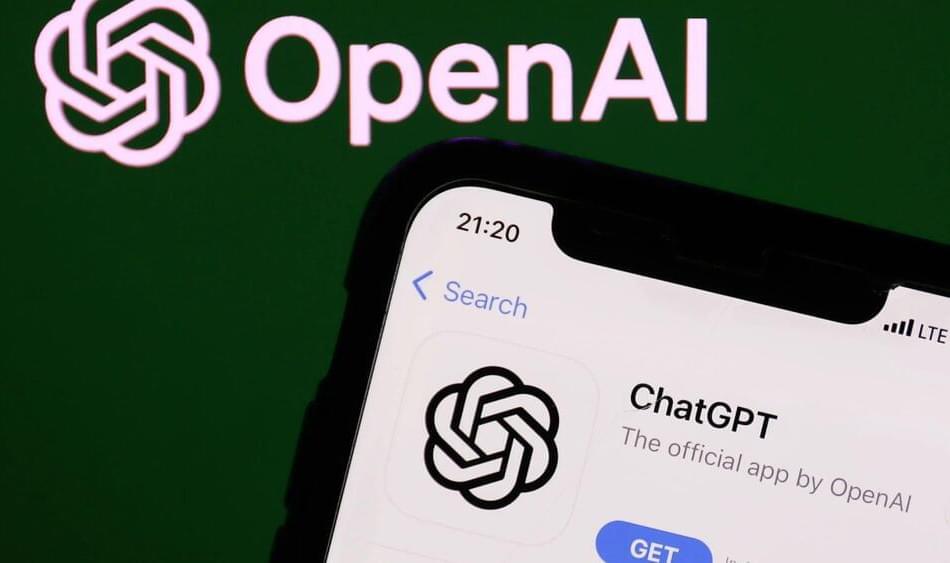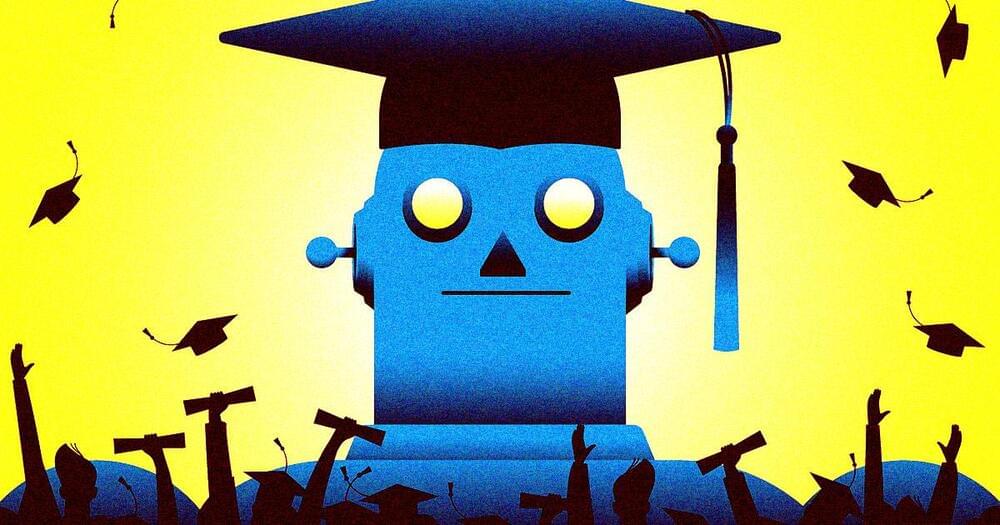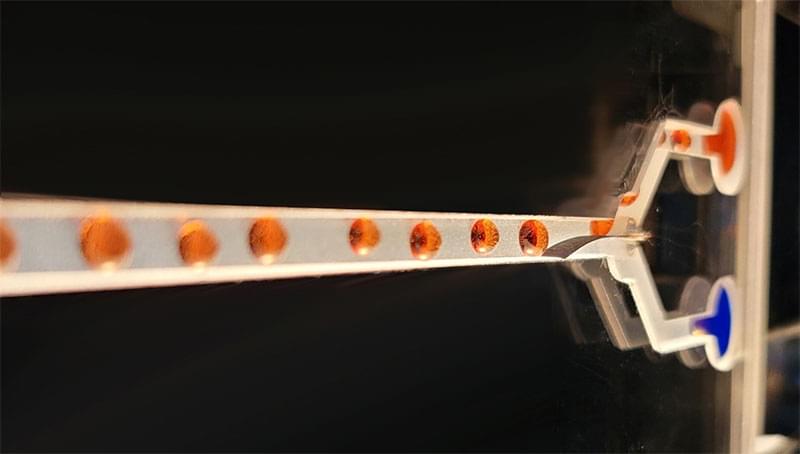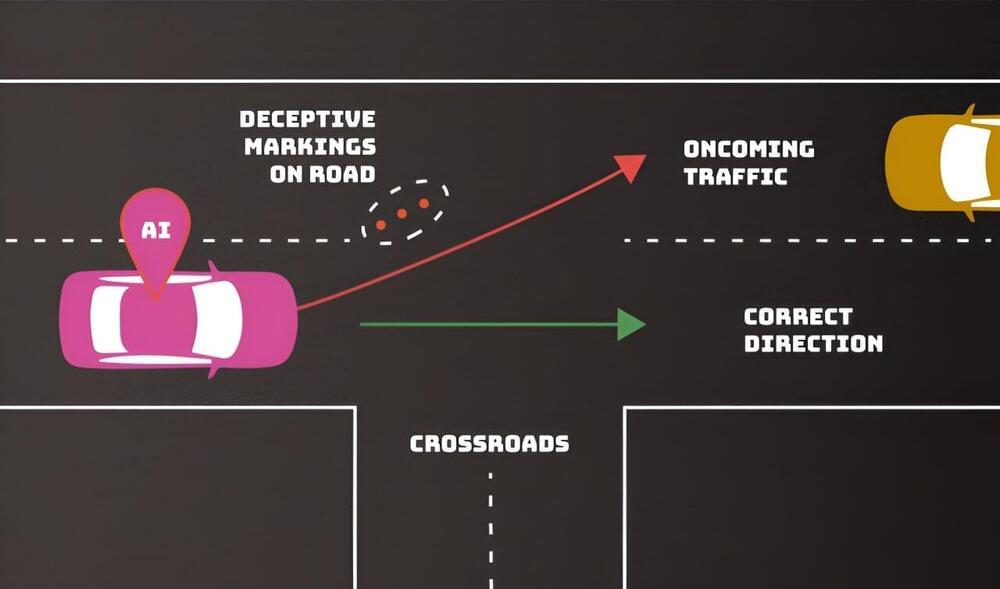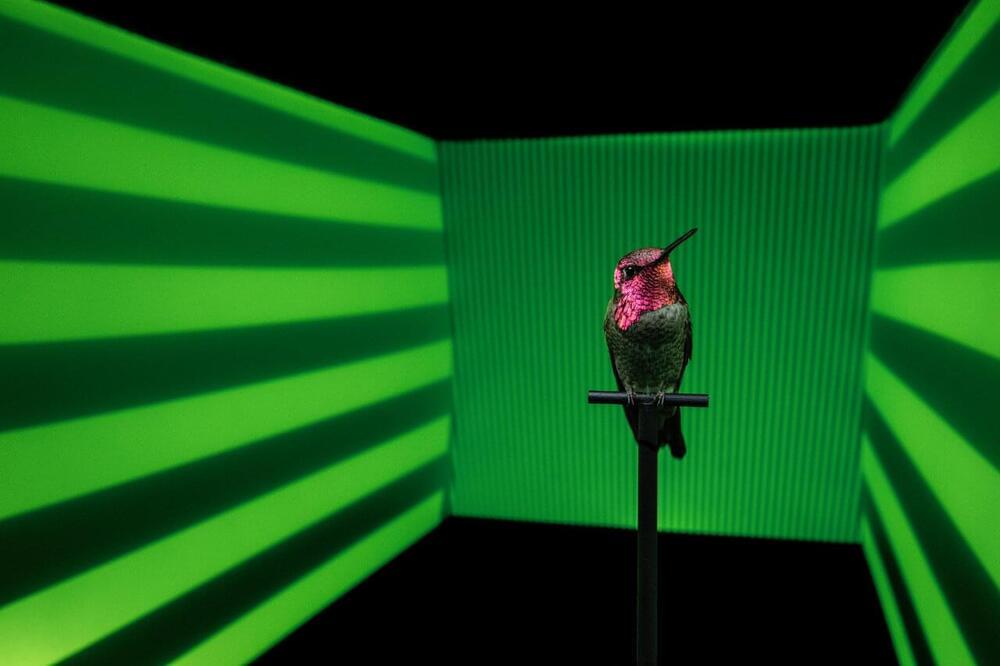University of California, San Diego developed this implant using a high electrode density combined with machine learning.
“We are expanding the spatial reach of neural recordings with this technology,” said study senior author Duygu Kuzum, a Department of Electrical and Computer Engineering professor at the UC San Diego Jacobs School of Engineering.
“Even though our implant resides on the brain’s surface, its design goes beyond the limits of physical sensing in that it can infer neural activity from deeper layers,” added Kuzum.
The study team tested this implant on transgenic mice.

